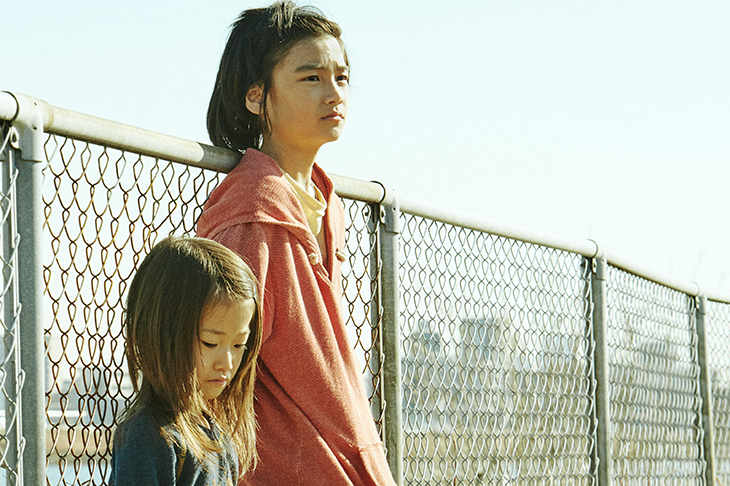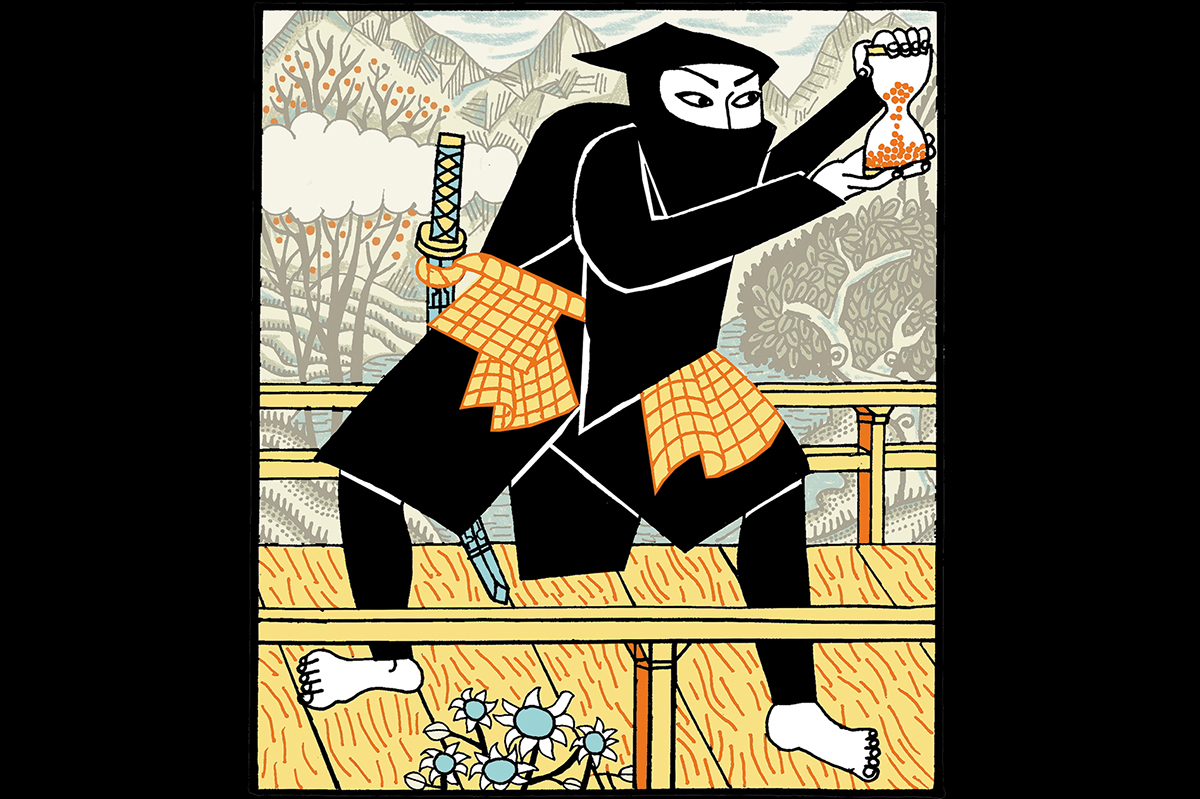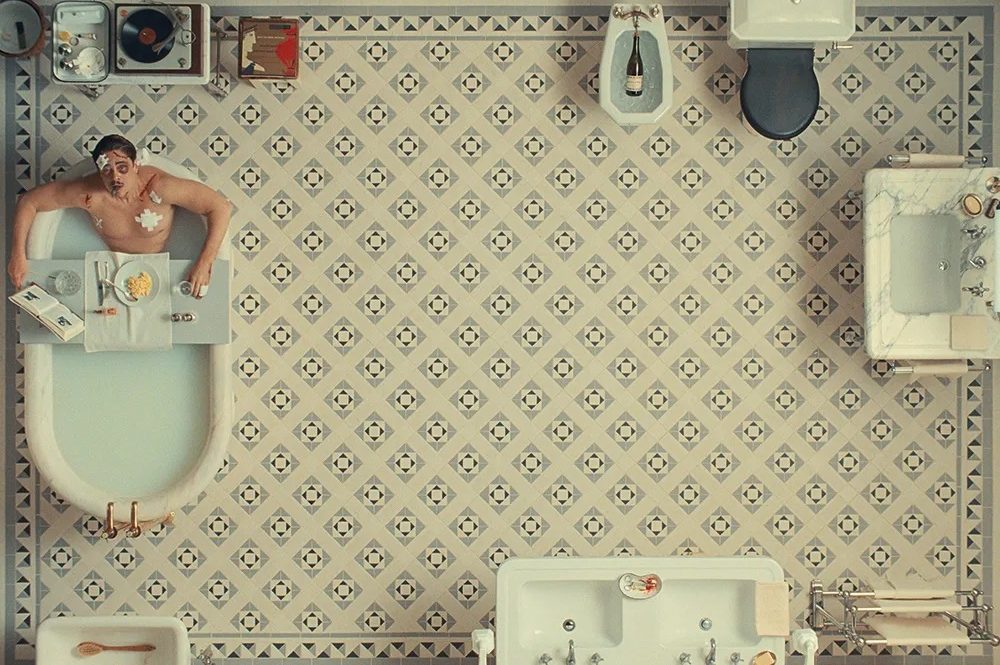The major releases this week are Robin Hood, as a big Hollywood retelling, and The Girl in the Spider’s Web, a reboot of the Stieg Larsson thriller franchise starring Claire Foy. But the film you want to see, even if you may not know it yet, is Hirokazu Koreeda’s Shoplifters. This is a film with no set pieces or major plot twists but it is wholly absorbing and it will steal your heart. (Among other things. There is a lot of stealing.)
It won the Palme d’Or at Cannes and is the latest from the Japanese filmmaker who mostly turns his camera on to families (After the Storm, Our Little Sister, Nobody Knows, Like Father, Like Son). However, his family dramas are distinct from most family dramas as they do not suffer from a surfeit of drama. Or sentimentality. Instead, they are always empathetic, tender explorations of human feeling and bonds.
The film opens with a man and young boy in a Tokyo supermarket. They are Osamu (Lily Franky) and Shota (Jyo Kairi) whom we assume are father and son. They are shoplifting, and it’s clearly a routine they know well. They have hand signals. They know where to stand so they won’t be seen. Koreeda films this as if it were a choreographed dance. Then they head home and on the way spot a little girl huddled on a ground-floor balcony. This is Yuri (Miyu Sasaki, cute as a button). They have noted her before. We can hear her parents fighting. Osamu takes her home.
Their home is crammed. It’s not much more than one room and there’s also Osamu’s wife, Nobuyo (Sakura Ando), and there’s granny (Kirin Kiki) and a young woman, Aki (Mayu Matsuoka). They live in poverty and if you’ve come to think of Japan, as I rather have, as a high-tech wonderland where every toilet looks like the deck from the Starship Enterprise, this is in itself fascinating.
We don’t know how anyone is related to anyone else. Are Osamu and Shota really father and son? If so, why does Osamu ask Shota if he’s ready to call him ‘dad’? I found this irritating at first, as I wanted it nailed, but information is being deliberately withheld, and trying to place them does make you alert to every nuance in their behavior. The family, in essence, are poor but happy, which sounds like a cliché, and it could be a cliché, but each character is so fully realized and relatable that they don’t feel generic or manipulative in any way. Plus, they don’t get an entirely free pass. Is it fair, for instance, that Shota doesn’t attend school? They keep Yuri, despite the fact that this amounts to kidnapping, because she has been abused and has to be better off with them. They are a family who do the wrong thing for all the right reasons. They may all be thieves, but it is your hope that they will never get caught.
However, this does come laced with a sense of foreboding, and when Shota begins to wonder if he’s somehow been taken too, this brings the family up against the state — a state that doesn’t care if the reasons are right. Having stolen your heart, the film will now break it, I’m afraid.
Meanwhile, the performances are all terrific, with Sakura’s performance in the third act being especially powerful. Koreeda is famed for his direction of children, and here Kairi is entirely naturalistic, as is Miyu, who may even be cuter than a button.
The film asks what family means, and whether blood is always thicker than water, and it’s the film you want to see this week. Now you know.
This article was originally published in The Spectator magazine.

























